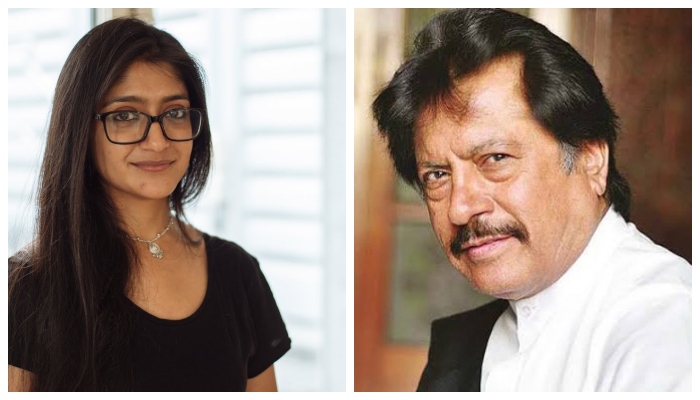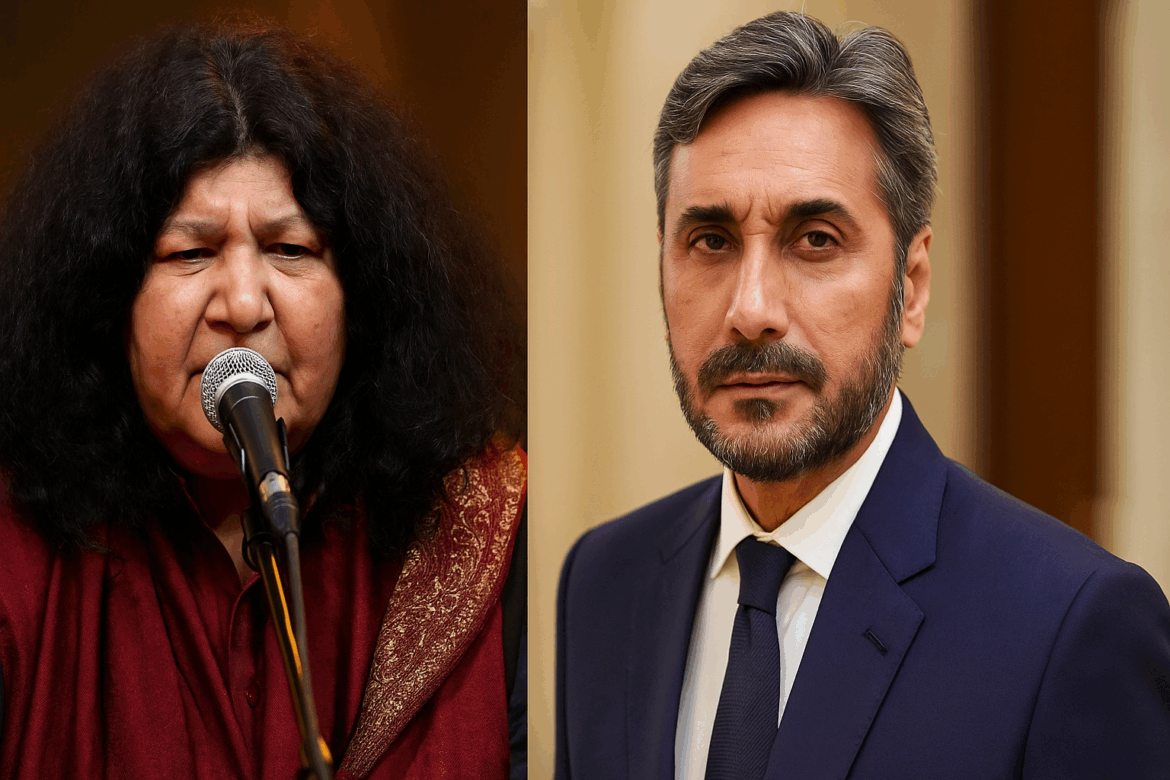- Air Vice Marshal Aurangzeb Ahmed led Pakistan’s largest airstrike on Indian airfields since 1971 during the 2025 conflict
- His articulate media presence as PAF’s DGPR has earned him widespread public admiration.
-
Ahmed’s distinguished military career and educational background have contributed to his strategic leadership.
Air Vice Marshal Aurangzeb Ahmed has recently gained popularity in Pakistan for his leadership during the 2025 India-Pakistan conflict, his articulate presence in the media, and his distinguished military career. Here is an in-depth review of the reasons behind his rising fame.
1. Leadership in the 2025 India-Pakistan Conflict
During the rising tensions between India and Pakistan in May 2025, Air Vice Marshal Aurangzeb Ahmed played an important role in Pakistan’s military response. He declared that the Pakistan Air Force (PAF) conducted its largest airstrike on Indian airfields since the 1971 war. They targeted multiple Indian Air Force (IAF) fields in a single mission. This operation showed Pakistan’s strategic capabilities and was a significant moment in the conflict.
2. Articulate and Charismatic Media Presence
In August 2022, he was appointed as the Director general Public Relations, and hence became the face of the Air Force during press briefings. His confidence and clear communication during press conferences especially those addressing the May 2025 conflict, resonated with the public and media alike.
3. Distinguished Military Career
The Air Vice Marshal has held several key positions with the PAF. He has commanded a fighter squadron and an operational air base as well as served as Assistant Chief of the Air Staff at Air Headquarters, Islamabad. His international experience includes serving as a contingent commander of the Pakistan Aeronautical complex in Saudi Arabia.
4. Educational Achievements
Ahmed holds master’s degrees in Military Arts from China and National Security and War Studies from Pakistan’s National Defence University. His academic background complements his military expertise, contributing to his strategic decision-making abilities
5. Public Admiration and Social Media Presence
Ahmed’s recent media appearances have led to a surge in public admiration. His composed and articulate manner has made him a subject of widespread discussion on social media platforms, where he is praised for his leadership and communication skills .
Stay tuned to WOW360.



















